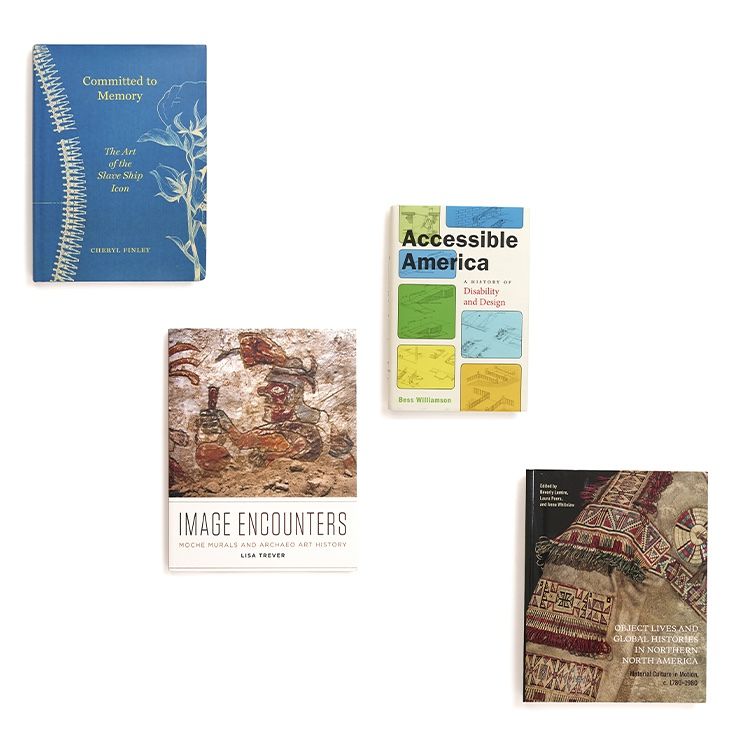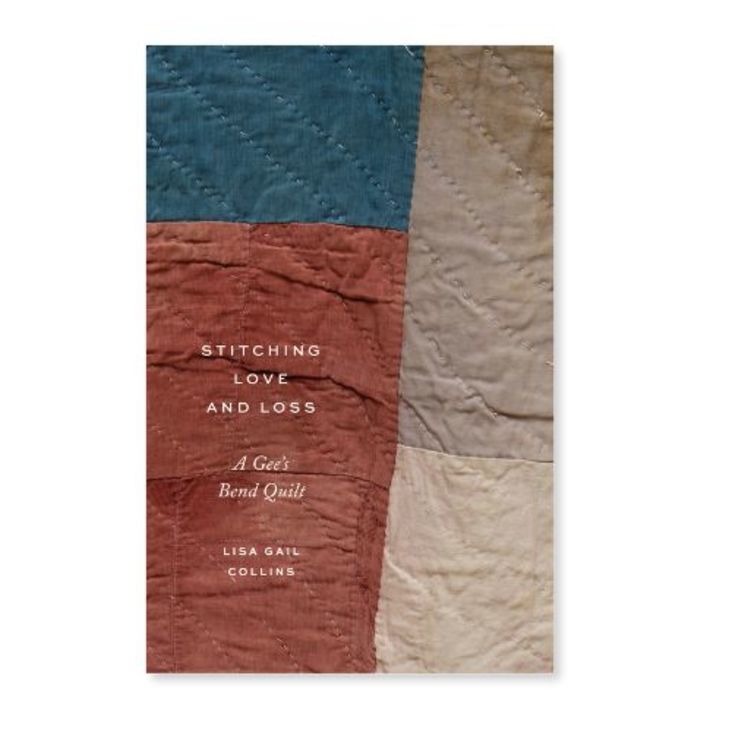Lisa Fischer presented in the New Media Seminar on Wednesday, September 28, 2016. Her talk was entitled “Jamestown and Beyond: Using Digital Technologies to Visualize and Explore the Past.”
Technology is changing the way people interact with each other and the world. Digital techniques are also opening up new avenues for museums and historical sites: advanced mapping methods, augmented reality, interactive gaming, social media, and 3D laser scanning and modeling are just some of the approaches that are transforming how the past is examined, presented, and explored. The Jamestown Rediscovery team has been actively excavating the site of James Fort, the first successful English settlement in North America, for more than twenty years. The archaeological findings are casting doubt on many conventional interpretations of Jamestown’s history and providing new insights into the site’s settlement as well as the interactions between Native Americans, Europeans, and Africans, who first came together beginning in the early seventeenth century. New technologies are also helping to revolutionize how the archaeological data is being analyzed, interpreted, and presented. In this talk, Fischer examined how digital heritage and visualization approaches are helping to reshape our understanding of Jamestown and the wider colonial Chesapeake as well as some of the challenges historical sites face in a digital twenty-first century.
Lisa Fischer is the Director of the Center for Digital Initiatives at the Jamestown Rediscovery Foundation, which has been excavating and interpreting the site of the 1607 James Fort for over two decades. This new center, which was established in 2015, is developing cutting-edge digital applications for educating and engaging public audiences, both online and onsite. Prior to joining Jamestown Rediscovery, Fischer had been the Director of the Colonial Williamsburg Foundation’s Digital History Center (DHC) where she oversaw the development of Virtual Williamsburg, an interactive 3D model of the town as it looked in 1776. She was also part of the team that created Colonial Williamsburg’s popular RevQuest: Save the Revolution! series of online-onsite alternate reality games. A trained historical archaeologist, Fischer previously worked in the Colonial Williamsburg Foundation’s Department of Archaeological Research and in the Department of Archaeology at Thomas Jefferson’s Poplar Forest. Fischer has presented and published papers on archaeology and virtual heritage at national and international conferences. She is currently the Chair of the North American chapter of Computer Application and Quantitative Methods in Archaeology (CAA) and served as Co-Chair of the second international Congress on Digital Heritage held in 2015 in Granada, Spain. Fischer received her MA in Anthropology with a specialization in Historical Archaeology from the College of William & Mary, her AB in Anthropology from Amherst College, and a certificate in Geographic Information Systems from Pennsylvania State University.

















